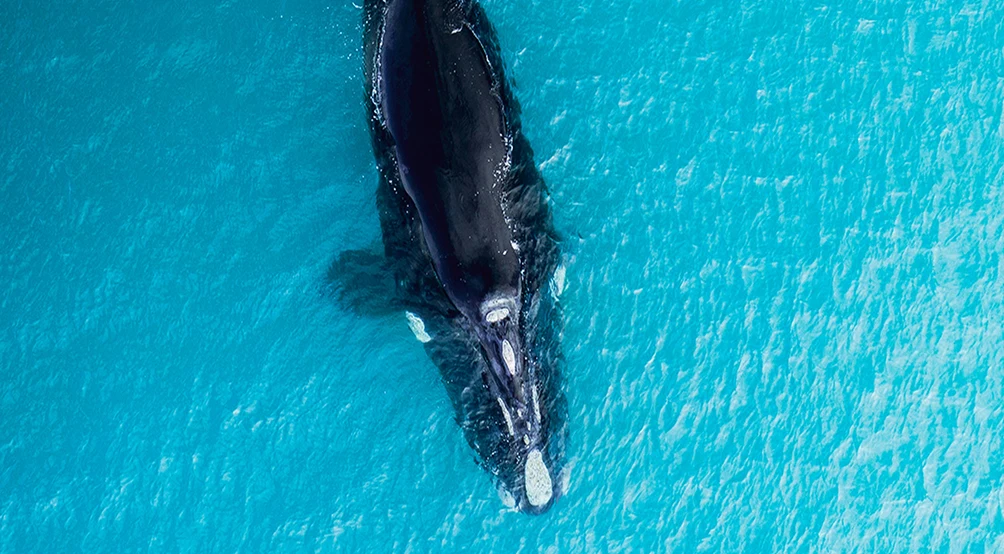Our Story
It all began with a plan to protect the planet


When we started over 20 years ago in 2001, we deliberated long and hard over our name. How do you find something that sums up what you do, yet has meaning and is memorable?
We turned to Greek mythology for inspiration. We came across the goddess for law and legislation – Eunomia. She had the added bonus of being springtime goddess of green pastures, too.

Creating harmony between people and planet
Eunomia the goddess neatly sums up what we are about. We strive to build harmony between people and planet. We're social-environmental problem-solvers and researchers. We combine our real-world consulting experience and deep knowledge with an active role in policy. We empower organisations - both public and private - with pragmatic, science-led solutions that reduce human impact and protect the planet.



000
+
Global Staff
0000
+
Complete projects
0000
+
Happy clients
000
+
Published reports
Our locations
From small acorns big trees grow… We now have over 150 staff across five offices, from Auckland to New York.
- New York - USA
- Auckland - New Zealand
- Brussels - Belgium
- London - UK Office
- Bristol - UK Office
Our clients
Our clients include national and international governments and NGOs, local authorities, financial institutions and investors, private sector companies, trade associations, development organisations and charities.
Find out more
The triple planetary crisis can only be addressed through collaboration and partnership. We can provide the evidence, expertise and experience to help you minimise waste, make consumption sustainable and reduce your impact on nature.
Our Services
Find out how our services can help with your green goals.
Our Sectors
Working with both private and public sectors.
Our Values
Every day, we strive to do work that leaves the world in a better place for the next generation.
Our Experts
Eunomia is a dynamic team of experts and creative problem solvers from across the globe.
Case studies
Expanded Bottle Bill impact on New York municipal collections
We partnered with the non-profit Reloop to uncover the estimated impacts of an improved deposit return scheme (DRS) on material recovery facilities (MRFs) and municipal collection systems in the state of New York. The findings of the research discuss the impact under a 90% deposit return rate scenario in different localities, showing municipalities within the state could see savings between $39.5 million and $108.6 million per year in municipal collection costs.
Cambridgeshire County Council – Rural estate net zero roadmap
We helped Cambridgeshire County Council better understand the GHG emissions arising from agriculture and land use across its 33,000-acre farming estate, identified natural capital opportunities, and provided it with a high-level roadmap to achieving net zero by 2045. Our findings informed the Council’s Sixth Annual Carbon Footprint Report.[1]
UK Environment Agency – Communicating climate change information for flooding and coastal erosion
Eunomia's research identified effective ways for public organisations to help people process information about long-term climate change and take action to build resilience to flooding and coastal erosion. Our findings have been fed into Environment Agency publications and maps, used to inform the development of new training for staff, and shared with other programmes.
National Children’s Bureau – Carbon baseline and net zero pathway
UK Hydrographic Office – Cost benefit analysis of seabed mapping
Eunomia conducted a robust cost benefit analysis (CBA) that demonstrates the potential economic value of seabed mapping across multiple sectors, including offshore energy, shipping, telecommunications, fishing and aquaculture, marine defence, and environmental conservation. The analysis found that every £1 spent on seabed mapping could generate £86 in benefits to the UK’s marine economy.
Environment Agency – Social and environmental impacts of emerging greenhouse gas removal technologies
We partnered with the Environment Agency (EA) to explore the environmental and social implications of five specific emerging greenhouse gas removal (GGR) technologies. Our research built a strong evidence base to inform decisions on using these technologies in ways that balance the need for carbon removal with the protection of local communities and ecosystems.
ScottishPower – Circular economy baseline and opportunities assessment
Eunomia worked with ScottishPower, one of the UK’s largest energy providers, to support the delivery of a vital commitment in its Greenhouse Gas Emissions Reduction Plan: developing a Circular Economy Baseline and Action Plan to help tackle emissions from the company’s Scope 3 carbon footprint
The Duchy of Cornwall – calculating the complex carbon footprint of the vast estate of the Duchy of Cornwall
Using deep expertise to support The Duchy of Cornwall on its complex decarbonization journey. We developed a framework capable of calculating all emissions across the Duchy’s vast and varied estate.






